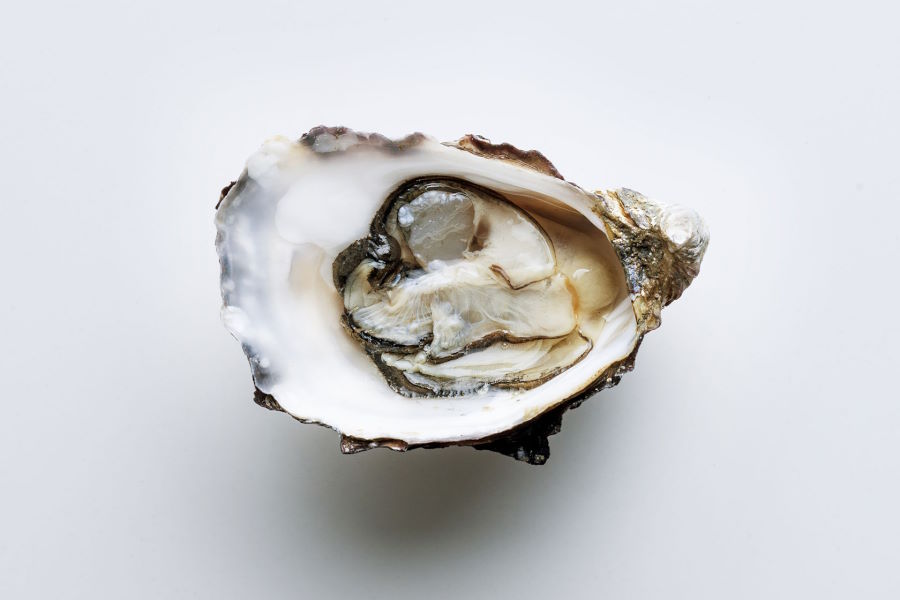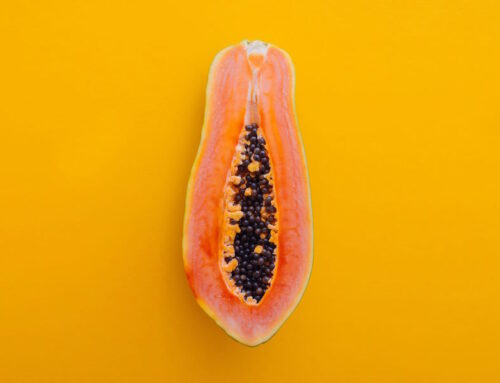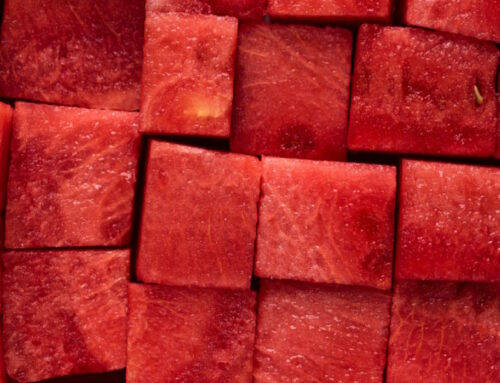Casanova supposedly ate oysters regularly to boost his virility and seduce more and 100 women!
However, whilst there is no scientific evidence to support the merits of oysters as an aphrodisiac, they are extremely high in zinc which is an important micronutrient (vitamin or mineral required by the body in micro quantities) for both female and male fertility.
Zinc is used by our bodies in over 200 enzymes (something which acts as a catalyst to bring about a specific biochemical reaction).1 Zinc is essential for a healthy immune system, for synthesising proteins and cell growth, and therefore plays a vital role in foetal development,2 which may lead to higher birth weight babies3 and a reduction in preterm births.4
In women, zinc supports hormone regulation and balance, oocyte development (cells in the ovaries that may form an ovum or egg) and healthy follicular fluid (surrounds the ovum in an ovarian follicle).2
For men, zinc is one of the most important micronutrients. It is used for hormone metabolism, sperm formation and sperm motility;2 and zinc deficiencies may lead to lower testosterone levels and low sperm count.5 In studies, zinc and folic acid supplementation improved sperm count and quality.6,7 Studies into ART (Assisted Reproduction Technology) found using a male antioxidant containing zinc resulted in significantly higher live birth rates8 and using a supplement containing zinc on men with male factor infertility resulted in improved pregnancy and live birth rates.9
Zinc is found in the highest quantities in oysters but is also high in other shellfish. 1,10 It is also found in meat, poultry (especially turkey), cheese, nuts, seeds and whole grains so these are great fertility foods for men and women.1,10 A good fertility diet should aim include 2-3 portions of zinc-rich foods every day.
References
- Murray, M., Pizzorno, J. and Pizzorno, L. (2005) The encyclopaedia of healing foods. New York: Atria Books.
- Murray, M. (1996) Encyclopaedia od Nutritional Supplements, New York: Three Rivers Press.
- Goldenburg, R. et al. (1995) ‘The effect of zinc supplementation on pregnancy outcome.’, Journal of the American Medical Association, 274(6), pp.463-468.
- Mahomed K., Bhutta Z. and Middleton P. (2007) ‘Zinc supplementation for improving pregnancy and infant outcome’. Cochrane Database of Systematic Reviews, (2):CD000230.
- Prasad, A. (1998) ‘Zinc in human health: an update’, The Journal of Trace Elements in Experimental Medicine, 11, pp.63–87.
- Azizollahi, A. et al. (2013) ‘Effects of supplement therapy on sperm parameters, protamine content and acrosomal integrity of varicocelectomized subjects.’, Gonadal Physiology and Disease, 30, pp.593-599.
- Wong, W. et al. (2002) ‘Effects of folic acid and zinc sulfate on male factor subfertility: a double-blind, randomized, placebo-controlled trial.’, Fertility and Sterility, 77(3), pp.491-498.
- Tremellen, K. et al. (2020) ‘Use of a male antioxidant nutraceutical is associated with superior live birth rates during IVF treatment.’, Asian Journal of Andrology, 22, pp.1-
- Datillo, M. et al. (2014) ‘The importance of the one carbon cycle nutritional support in human male fertility: a preliminary clinical report’, Reproductive Biology and Endocrinology, 12(71). http://www.rbej.com/content/12/1/71
- Nutritics (2020) Available at: https://www.nutritics.com/app/#




